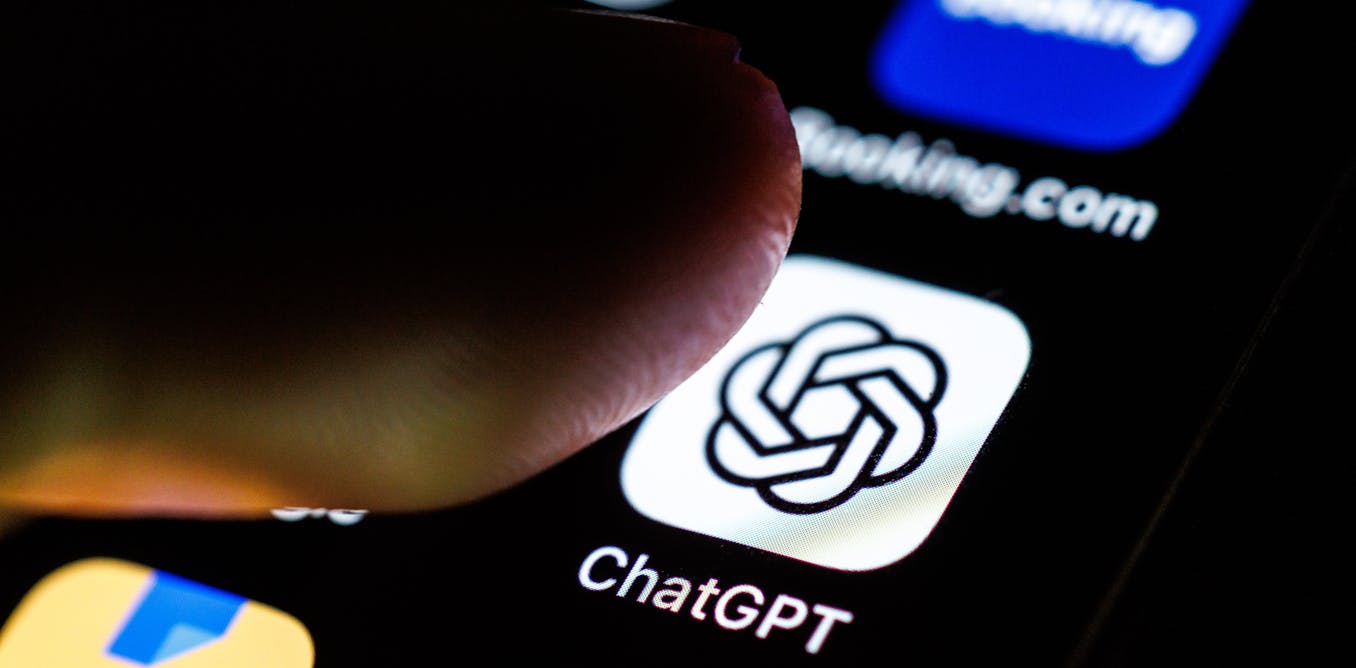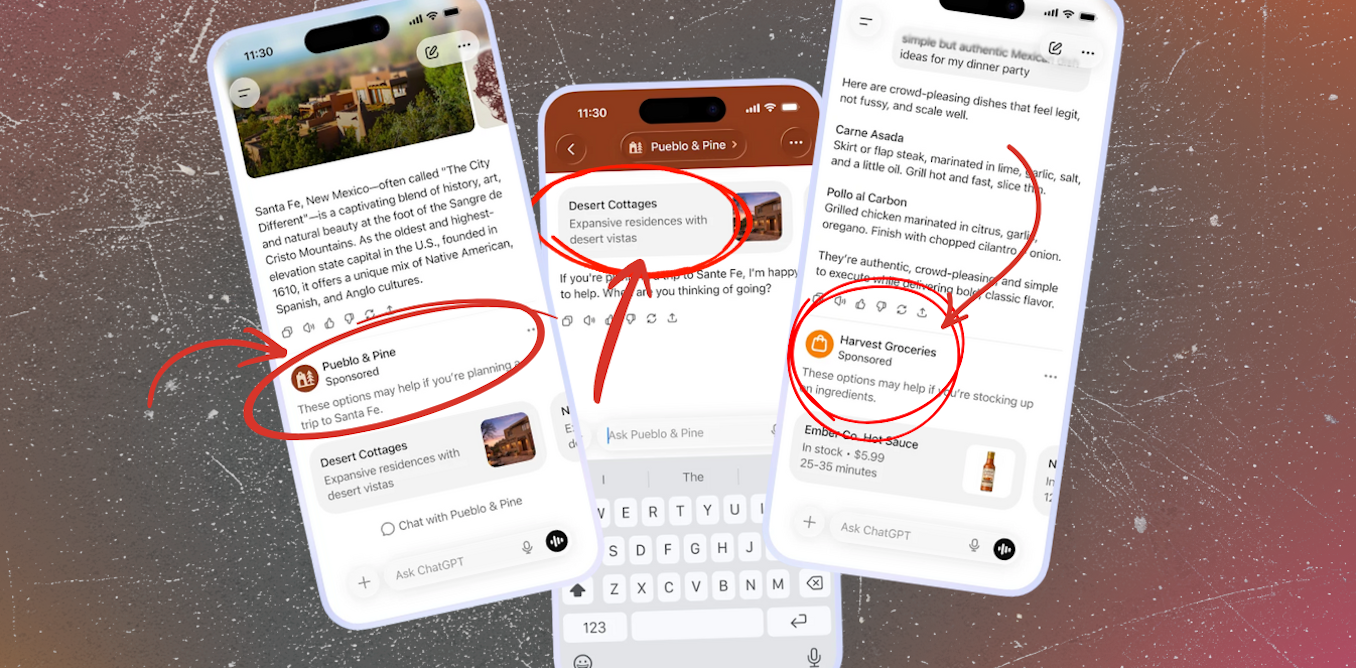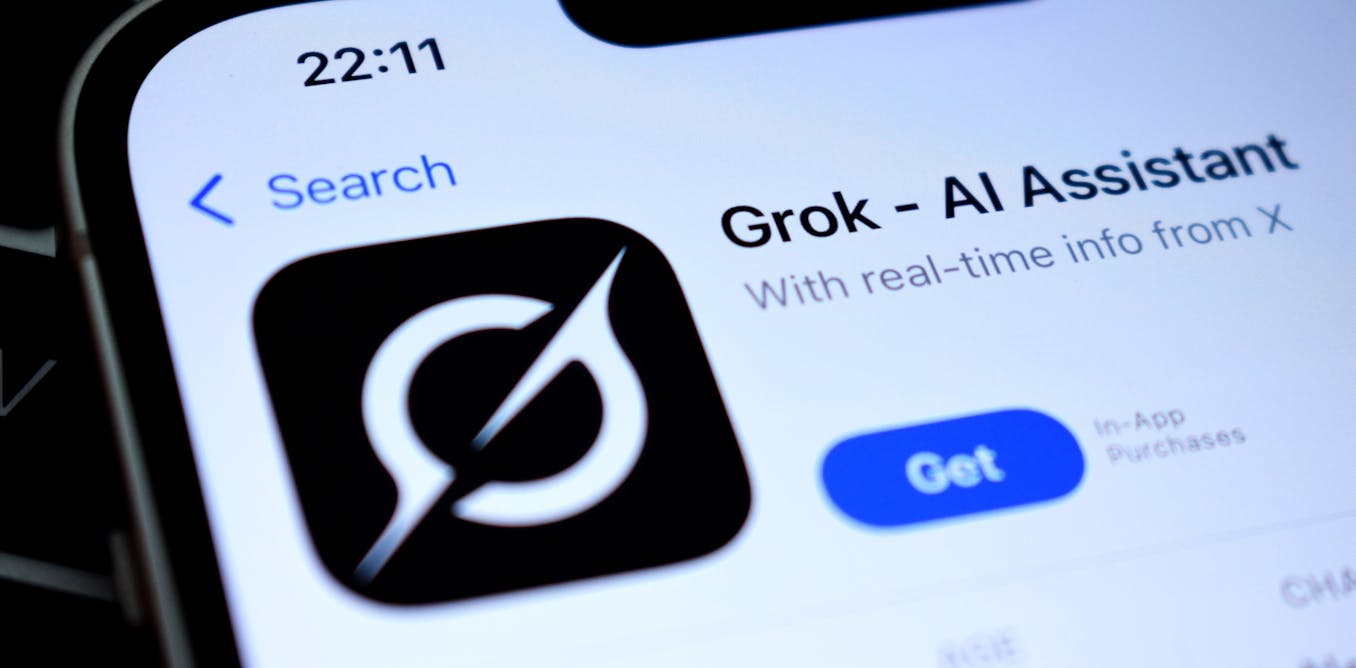More people are turning to generative artificial intelligence (AI) to help them in their daily and professional lives. ChatGPT is one of the most well-known and widely available generative AI tools. It gives tailored, plausible answers to any question for free.
There is so much potential for generative AI tools to help people learn about their health. But the answers are not always correct. Relying solely on ChatGPT for health advice can be risky and cause unnecessary concern.
Generative AI is still a relatively new technology, and is constantly changing. Our new study provides the first Australian data about who is using ChatGPT to answer health questions, for what purposes.
The results can help tell people how to use this new technology for their health, and the new skills needed to use it safely – in other words, to build “AI health literacy”.
Who uses ChatGPT for health? What do they ask?
In June 2024 we asked a nationally representative sample of more than 2,000 Australians if they had used ChatGPT to answer health questions.
One in ten (9.9%) had asked ChatGPT a health question in the first half of 2024.
On average they reported that they “somewhat” trusted ChatGPT (3.1 out of 5).
We also found the proportion of people using ChatGPT for health was higher for people who had low health literacy, were born in a non-English speaking country, or spoke another language at home.
This suggests ChatGPT may be supporting people who find it hard to engage with traditional forms of health information in Australia.
Kampus Productions/Pexels
The most common questions that people asked ChatGPT related to:
- learning about a health condition (48%)
- finding out what symptoms mean (37%)
- asking about actions (36%)
- or understanding medical terms (35%).
More than half (61%) had asked at least one question that would usually require clinical advice. We classified these questions as “riskier”. Asking ChatGPT what your symptoms mean can give you a rough idea, but cannot substitute clinical advice.
People who were born in a non-English speaking country or who spoke another language at home were more likely to ask these types of questions.
Why does this matter?
The number of people using generative AI for health information is likely to grow. In our study, 39% of people who had not yet used ChatGPT for health would consider doing so in the next six months.
The overall number of people using generative AI tools for health information is even higher if we consider other tools such as Google Gemini, Microsoft Copilot, and Meta AI.
Notably, in our study we saw that people from culturally and linguistically diverse communities may be more likely to use ChatGPT for health information.
If they were asking ChatGPT to translate health information, this adds another layer of complexity. Generative AI tools are generally less accurate in other languages.
We need investment in services (whether human or machine) to ensure speaking another language is not a barrier to high quality health information.
What does ‘AI health literacy’ look like?
Generative AI is here to stay, presenting both opportunities and risks to people who use it for health information.
On the one hand, this technology appeals to people who already face significant barriers accessing health care and health information. One of its key benefits is its ability to instantly provide health information that is easy to understand.
A recent review of studies showed generative AI tools are increasingly capable of answering general health questions using plain language, although they were less accurate for complex health topics.
This has clear benefits as most health information is written at a level that is too complex for the general population, including during the pandemic.
On the other hand, people are turning to general-purpose AI tools for health advice. This is riskier for questions that require clinical judgment and a broader understanding of the patient.
There have already been case studies showing the dangers of using general purpose AI tools to decide whether to go to hospital or not.
Where else can you go for this information?
We need to help people think carefully about the kinds of questions they’re asking AI tools, and connect them with appropriate services that can answer these riskier questions.
Organisations such as HealthDirect provide a national free helpline where you can speak with a registered nurse about whether to go to hospital or see a doctor. HealthDirect also provides an online SymptomChecker tool to help you figure out your next steps.
While many Australian health agencies are developing AI policies, most are focused on how health services and staff engage with this technology.
We urgently need to equip our community with AI health literacy skills. This need will grow as more people use AI tools for health, and it will also change as the AI tools evolve.

The post “More people are asking generative AI questions about their health. But the wrong answer can be risky” by Julie Ayre, Post Doctoral Research Fellow, Sydney Health Literacy Lab, University of Sydney was published on 02/19/2025 by theconversation.com
























